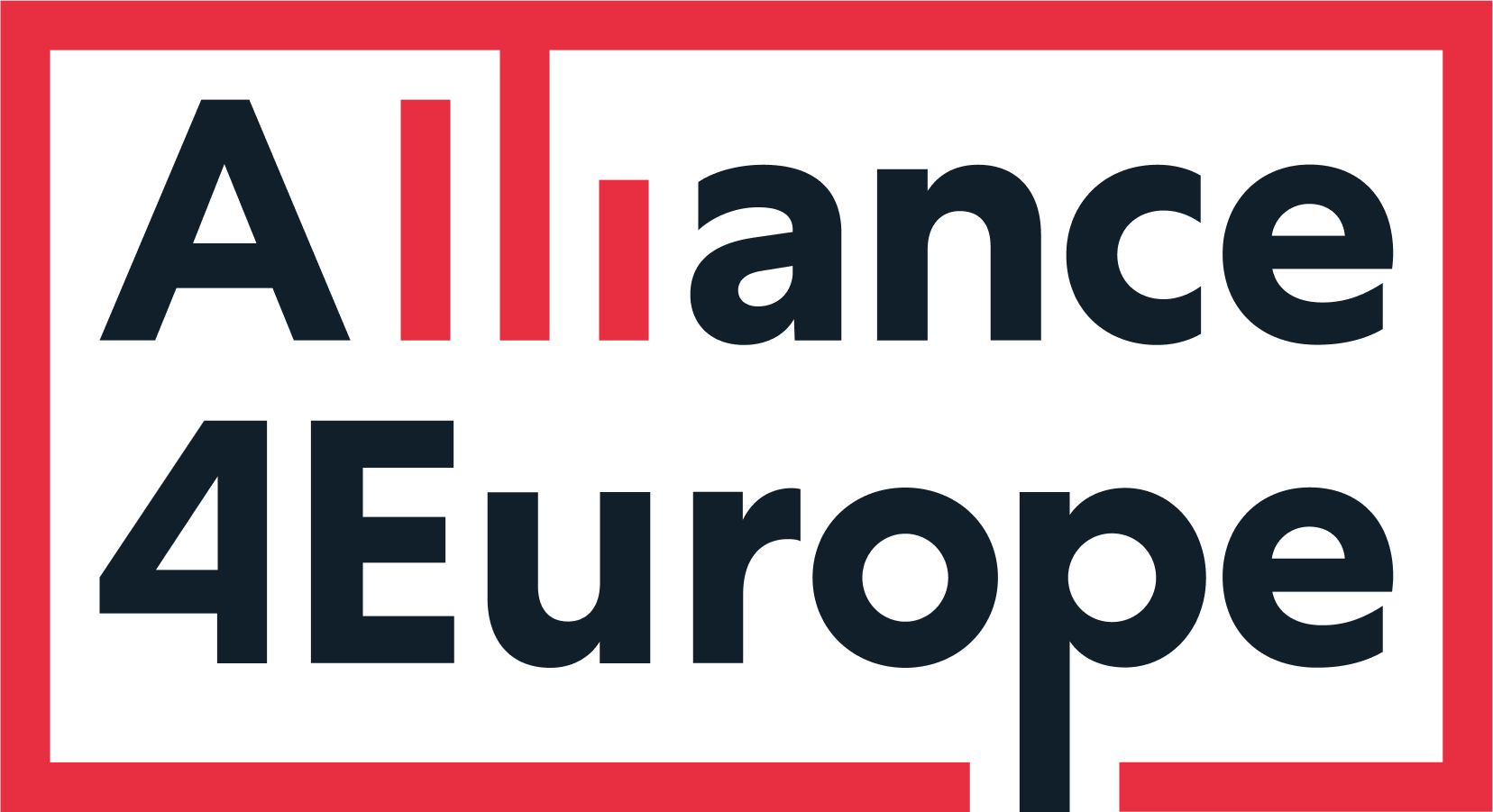
Every so often, history generates a moment of truth, an event which defines actions to come. The hijacking of Ryanair flight FR4978 and the kidnapping of Roman Protasevich and Sofia Sapega is exactly that. The EU response will determine how aggressive attacks on democracy are likely to become.
If we stretch our mind back to a pre-lockdown time when air travel was common, we would re-discover the routine reflexes which get us on and off planes. Go through security and get your liquids out, line up to board the plane, fasten your seatbelt and lean back. Many of us might harbour evolutionary apocalyptic fears about flying, but the fear of hijacking has not been at the top of the list for some time.
On Sunday 23 May that changed. The Belarussian government hijacked a plane operated by a European airline, traveling between two European capitals, with more than 170 people on board. A journalist and human rights defender was kidnapped from onboard the plane in order to silence him and send a message to all of his colleagues – you could be next. Europe needs to shape this event to send exactly the opposite message – those who attack journalists and democratic space in Europe will face justice.
Lots of ink and electronic bits have been spent already trying to explain the situation. The European Council response was quicker and more determined than expected, with Belarus effectively coming under an air blockade. In itself though, it won’t be enough. What should our key takeaways be?
First of all, this should not be seen as an isolated incident, because it isn’t. This is a part of a systematic approach to attacking and destabilising European liberal democracy as a whole. Russian government support and involvement is visible in all this, and that makes the incident a test-case for the international community and the EU. It is a weather balloon intended to scout out reactions. Stealing the Belarusian elections was a test run and dress rehearsal for stealing the US elections. here the hijacking of a European airline and journalist is a test for broader attacks on activists and the EU space more generally. The more resolute the EU reaction is now, the more likely it is to prevent further experiments.
Second, the first European reaction was resolute, but should go further. The EU has been clear in condemning government repression and calling for new free and fair elections. However, compare and contrast: when the US sanctions an individual, they are immediately locked out services regimes entail not only the freeze of a person’s assets, but also the US locking out of the American market any company from around the world that does business with the sanctioned individual. There will be debates about the pros and cons of various sanctions as the situation develops. However, Europe has economic it must deploy. Deploy with care, yes, but still deploy to a much greater degree than it has so far done. Then, the EU and Member States should take proactive steps to protect and support human rights defenders and civil society in Belarus given the the threats they face.
And then at last, the unavoidable issue: this incident exposes yet again just how vulnerable the European Union is to external threats. What if Victor Orban wanted to veto the European Council decision? What if any other leader wanted to water it down? The safety of millions of European travellers, journalists, and activists depend on the whims of individual national leaders who have no converging interest or accountability to the people they affect. Victor Orban might have a view on what happens to Hungarian journalists, but should that view apply to the safety of passengers on an Irish airline? What is needed is the ability for clear, decisive and robust action taken by a competent and accountable executive authority. How much danger would Europeans be willing to take on before meaningful reforms happen? That we don’t know – that is a question that the Conference on the Future of Europe might address.
It goes without saying that Roman Protasevich and Sofia Sapega, along with all other political prisoners and human rights defenders in Belarus must be released, and that the EU cannot ease up until that is achieved. In the meantime, Europeans must extend a hand to their fellow Belarussians who are standing up for their rights, and demand action from EU leaders. With a few wise steps, this event may well lead to more democracy, not less.
(Photo credits: the BBC)
